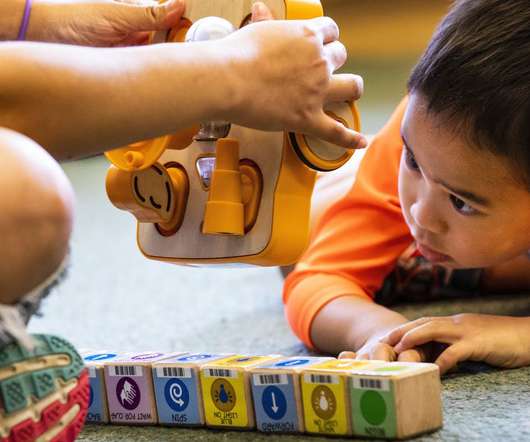Engaging the reluctant reader: Benefits of gamified learning in literacy education
eSchool News
JANUARY 6, 2025
On average, about 25 percent of children in the early grades struggle with reading. At the same time, the percentage of students who say they read for pleasure is declining : Fewer than half of all children ages 8-18 (43 percent) say they enjoy reading in their spare time, down from 58 percent in 2016.






















Let's personalize your content